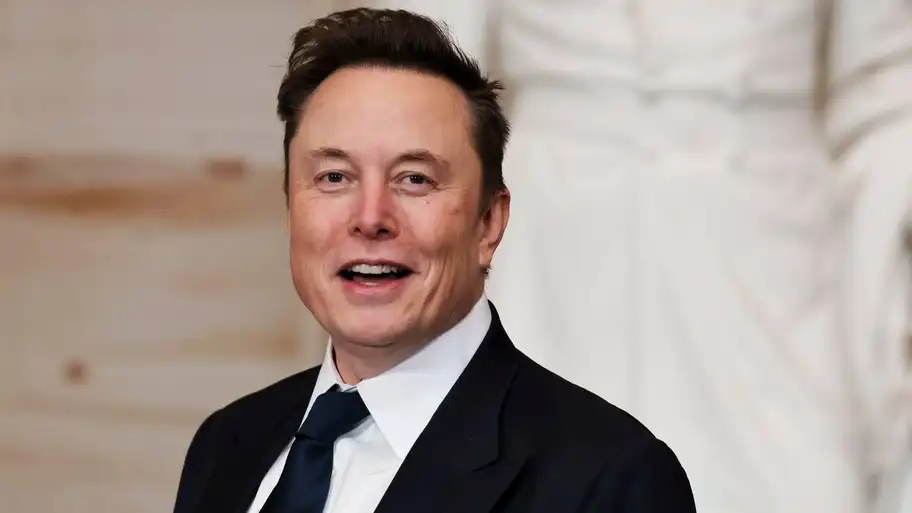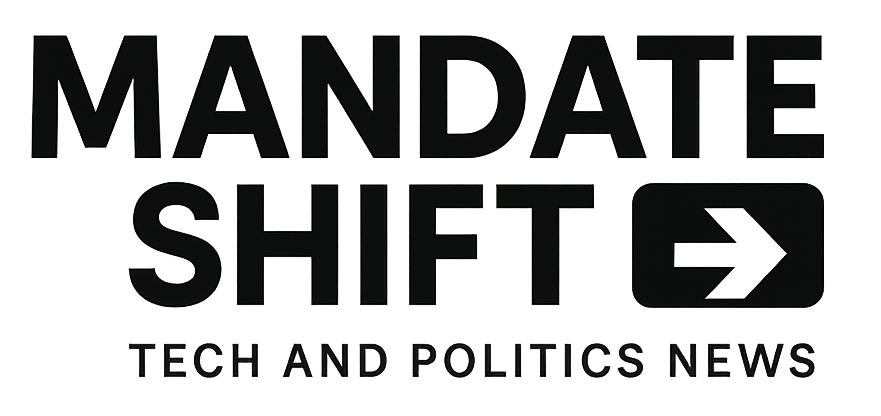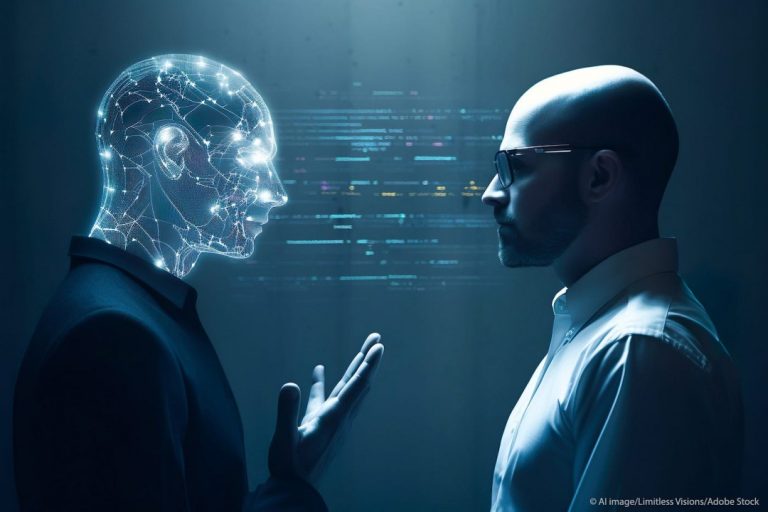
LONDON – The United Kingdom has firmly signalled its intent to become a world leader in neurotechnology, opening the door for Elon Musk’s revolutionary company, Neuralink, to bring its brain-computer interface (BCI) technology to British shores. In a move that positions post-Brexit Britain at the vanguard of medical innovation, a UK patient registry is now live, inviting Britons with severe disabilities to sign up for potential future clinical trials.
This is the first concrete step towards making Neuralink’s life-altering technology available in the UK, offering unprecedented hope to thousands suffering from paralysis, blindness, and other debilitating neurological conditions. While active trials are not yet underway, the establishment of the registry is a clear indicator of the company’s UK ambitions, enabled by a government and regulatory body actively working to slash red tape and make Britain the best place in the world to test and launch groundbreaking technologies.
From Science Fiction to Reality: What Can Neuralink Do?
For those unfamiliar with the sheer speed of Neuralink’s progress, recent demonstrations have been nothing short of breathtaking. The technology, which involves a small, coin-sized implant called the N1, allows a user to control computers and other devices with their thoughts alone.
The company’s first human participants have already showcased capabilities that were once the exclusive domain of science fiction. Noland Arbaugh, a 29-year-old with quadriplegia, can now play complex video games like Civilization VI and browse the web using only his mind. Another participant, Alex, who has a spinal cord injury, was recently shown controlling a sophisticated robotic arm to write and draw for the first time in years. These are not just technical achievements; they are profound restorations of autonomy and independence. As one participant put it, “It’s given me the ability to do things on my own again”.
The UK’s Strategic Advantage
While other nations may be caught in regulatory gridlock, the UK is seizing the opportunity to lead. The Medicines and Healthcare products Regulatory Agency (MHRA) has adopted a forward-thinking stance, creating initiatives like the “AI Airlock” to help innovators test new devices in a controlled environment before a potential wider rollout on the NHS.
This proactive approach is backed by new legislation, set to come into force in 2026, designed to streamline the clinical trial approval process by combining reviews and setting clear, accelerated timelines. It’s a clear signal to global innovators like Neuralink that Britain is open for business and ready to embrace the future of medicine. This positions the UK to not only provide its citizens with early access to world-changing treatments but also to benefit from the immense economic growth and scientific prestige that comes with hosting such advanced research.
The Roadmap to a New Future
Neuralink’s vision extends far beyond simply controlling a computer cursor. The company has laid out a clear and ambitious product roadmap that targets some of humanity’s most challenging medical conditions.
- Telepathy: This is the first product, currently being used by the initial trial participants to restore digital control for those with paralysis from conditions like spinal cord injury or ALS. The goal is to give people back their ability to communicate, work, and create.
- Blindsight: The next, even more audacious goal is to restore vision. The Blindsight device is designed to bypass damaged eyes or optic nerves entirely, sending signals from a camera directly to the brain’s visual cortex. Musk has stated that the first human trials for Blindsight could begin as early as the end of 2025, with the initial goal of providing low-resolution sight—likened to early video game graphics—which would still be life-changing for someone who is completely blind.
- Speech Prosthesis and Beyond: The company is also actively working on a device to decode attempted speech signals from the brain, potentially giving a voice back to those who have lost the ability to speak. The long-term vision is a “whole-brain interface” that could one day even bridge the gap in a severed spinal cord, with Musk expressing confidence that the technology could allow someone with a broken neck to walk again.
A New Dawn for Britons
For the thousands of people in the UK living with quadriplegia, paraplegia, vision loss, hearing loss, or the inability to speak, the arrival of Neuralink’s patient registry is more than just a news story; it’s a beacon of hope. The prospect of regaining independence, communicating effortlessly with loved ones, and re-engaging with the world is moving from a distant dream to a tangible possibility.
By embracing this technological frontier, the UK is not just investing in a single company, but in a future where disability no longer means a life of dependence. It is a bold mandate shift, placing Britain at the very heart of a revolution that promises to reshape healthcare and unlock human potential for generations to come.











